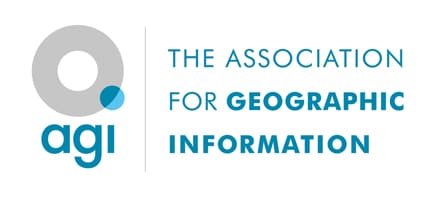The Association for Geographic Information (AGI), has released the results of a recent survey which explored how specialist technology, data and skills can support the new UK Government. Conducted during Parliament’s summer recess, the consultation concluded the community strongly believes in the power of geospatial, with 91% of respondents feeling it was important in delivering the new legislative programme.
“July 2024 marked the start, not only of a new parliamentary season, but also of a new government – only the fourth change in the overall governing party in many people’s lifetimes,” commented Fergus Craig, Co-Chair of the Association for Geographic Information. “As the membership body for geospatial, this gave us a unique opportunity to understand the potential of the sector’s technology, data and skills to implement and deliver on the bills announced.”
Delving deeper into the AGI survey results it was felt that geospatial could impact, influence or support, almost half (44.5%) of all 40 Bills announced in the King’s Speech on the 17th July.
Split into six subsections (Economic Stability and Growth / Great British Energy and Clean Energy Superpower / Secure Borders, Cracking Down on Anti-Social Behaviour and Take Back our Streets / Break Down the Barriers to Opportunity / Health / National Security and Serving the Country), the Digital Information and Smart Data Bill and Great British Energy Bill were felt to have the greatest potential, with 96% of respondents selecting them. The Arbitration Bill and Lord’s Spiritual Bill received just 4.3% and 8.7% respectively.
When asked about challenges that could limit the impact of geospatial Funding was voted as the greatest threat at 83% closely followed by Skills with 78% of respondents selecting it.
The AGI membership also expressed their thoughts on the role of geospatial in supporting the Bills, with ‘analysis’, ‘analytics’, and ‘assessment’, featuring prominently, whilst feedback on opportunities not addressed by the programme resulted in a difference of just 13% between ‘opportunities missed’ and ‘no opportunities missed’.
“As Parliament returns, we expect to see these bills take form and have impact,” added Peter ter Haar, Co-Chair of the Association for Geographic Information. “We therefore plan to use the results from this survey to inform our governing pillars, as well as providing content and context for forthcoming events, publications and future research and outreach activities, ensuring the relevance and influence of geospatial remains a priority for government as well as commerce and society.”

